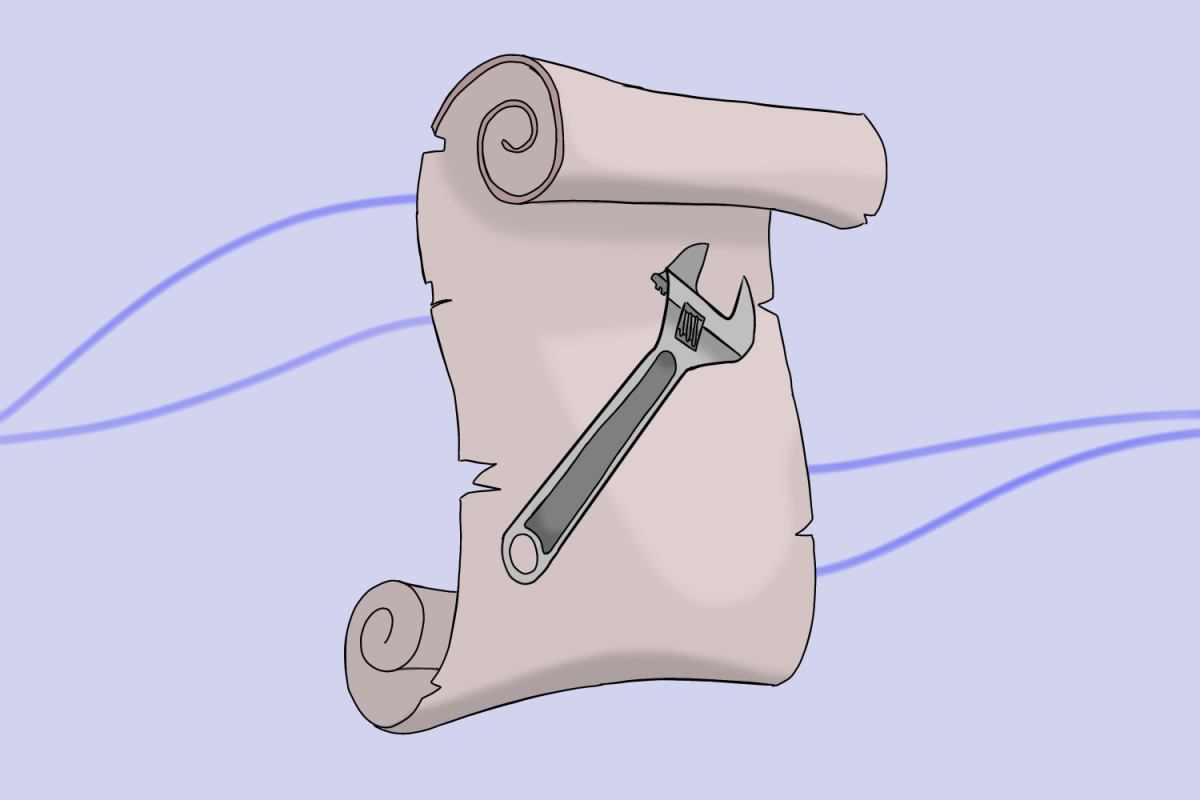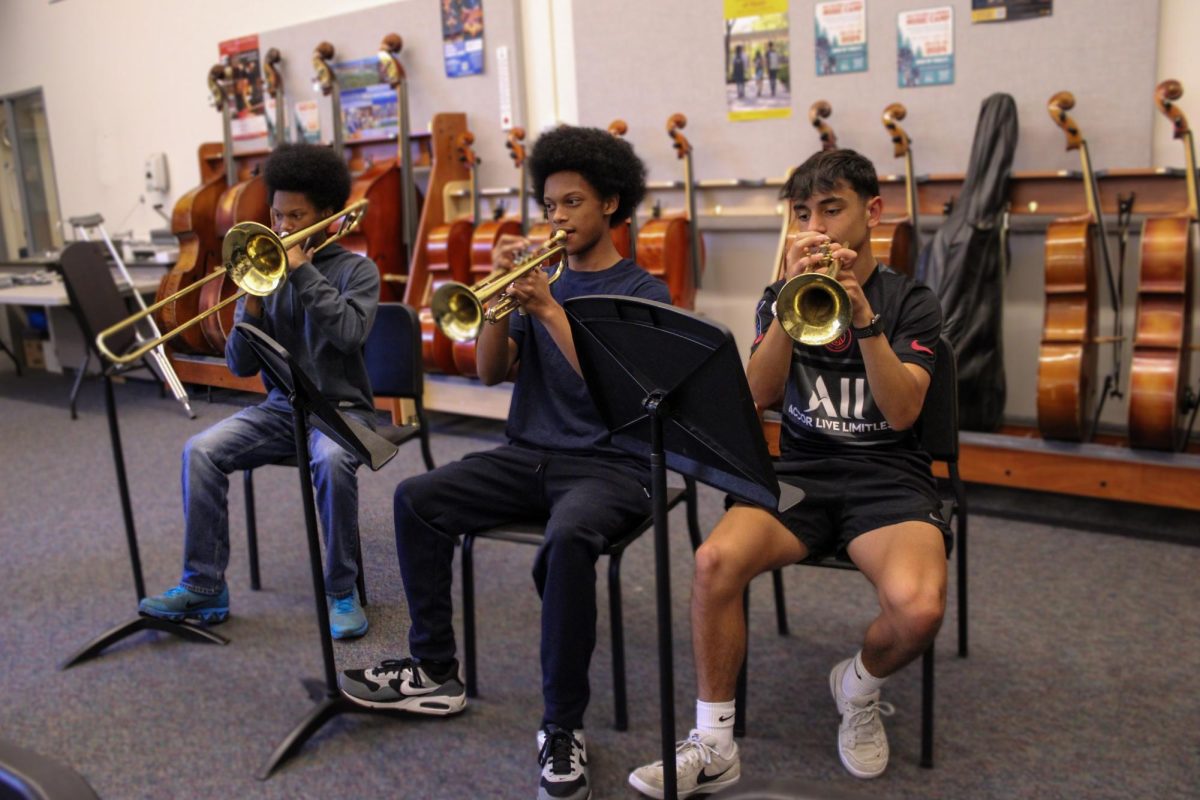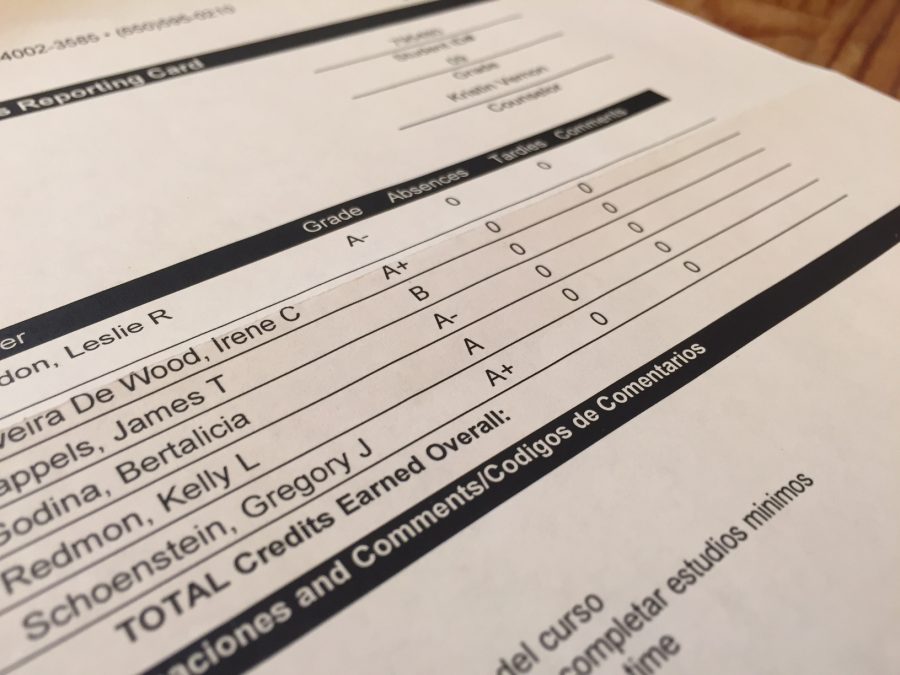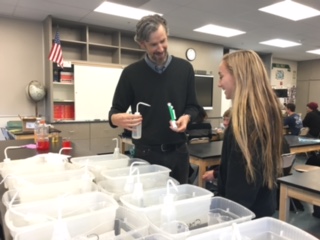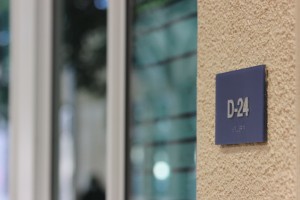Hours of hard work, but a C on the paper. The grade on your report card does not reflect the effort you put in.
In 2006, a study was done in many Turkish schools where over 800 students were contacted and asked questions. The questions were based on gender, physical appearance, economic status, and academic success.
According to news website Red Orbit, the study showed that nearly 50 percent of the participants who had a stable family income were earning better grades than students with less financially stable families.
The question still surfaces whether teachers grade students based on favoritism, achievement, or a student’s particular home situation.
“I’ve always wondered if teachers have sympathy for students and whether they grade easier based on if a student was ill or was going through a tough time at home,” said junior Mailey McLemore.
The question remains mostly unanswered as every teacher grades differently and has their own expectations.
English teacher Cindy Shusterman says, “If I know a student’s personal situation and whether they are going through a harder time, I definitely take that into account while grading because it could be the cause of why they maybe aren’t putting as much effort in as they usually are. I can’t speak for all teachers, but what concerns me the most is if I don’t know a student’s situation because I believe they deserve all of the same opportunities as everyone else.”
Stacey Patton, Assistant Professor of Multimedia Journalism at Morgan University, conducted a separate study to see how professors would respond to a student asking for a higher grade on an essay because they “worked so hard on it.”
While some teachers empathize with their students’ situation, others feel that a classroom is a place where a student should work hard with no excuses.
Eight teachers and professors were included in Patton’s study. While some were willing to hear students out and let them try again on assignments depending on the situation, many others were strongly opinionated on why students should be graded solely based on what they turn in, and not on any other factors.
Assistant Professor of English at Ball State University Angela Jackson-Brown, a participant in Patton’s study, said, “It always amazes me when students feel like their English paper grades should be based on effort. I sometimes wonder: Do you ask the math teacher if she will give you points for trying even though parts of your mathematical equation are incorrect?”


